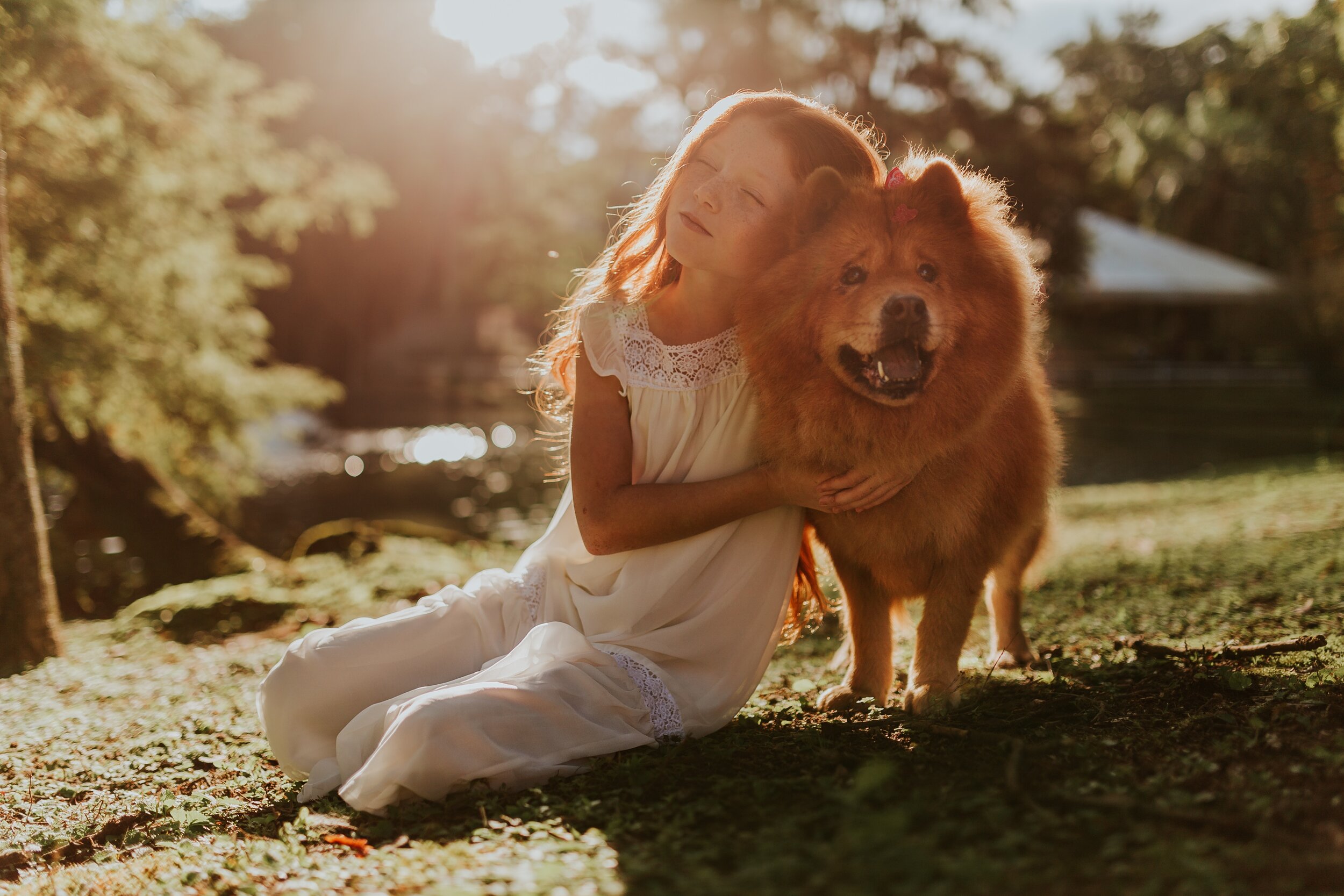
Why Mindfulness Is Good For Children?
Mindfulness provides children with simple, practical tools to work directly with their nervous systems, helping them regulate emotional states and focus attention.
Mindfulness improves attention!
Children’s mindfulness training starts with learning focusing skills. When we learn to focus on just one thing, like taste, sound or our own breath, our mind calms down and grows stronger.
Refined concentration skills, in turn, translate to improved performance. It helps children do better in sports, school or arts, and it will help them score higher on tests. We always do better when we’re able to pay attention to what we’re doing.
Mindfulness improves self-regulation!
When children practice focusing skills, they become aware of what their minds are really up to. Mindfulness practice helps children deal with tough emotions and even improves impulse control. It replaces impulsive reactions with thoughtful responses. Without mindfulness we tend to be reactive, whereas with mindfulness we can respond in a balanced, rational way. Ultimately children can learn to steady themselves under sympathetic arousal to access cognitive skills.
Mindfulness gives children the tools to focus their minds, calm down and reflect on a situation when they need to make a choice. When we’re aware of our inner life and are able to observe it, emotions and thoughts can lose their control over us, and we get more time to respond.
With mindfulness practice, we can create space between the things that happen and how we react to them. We respond in a more balanced way, without hurting our own feelings or the feelings of others.
As we create more emotional balance, we are less easily knocked down by our emotions, and in moments when we are knocked down, we bounce back more quickly.
Most adolescents deal with strong emotions, and mindfulness skills can really make a difference.
Mindfulness develops life skills!
Mindfulness programs in schools are becoming more and more widespread, there are many benefits of mindfulness practice for young children these include:
Improved focus
Improved grades
Decreased stress
Emotional regulation
Increased compassion
Increased conflict-resolution skills
Additionally, mindfulness techniques are used by some of the world’s most successful athletes, musicians and other individuals who have to perform under extreme pressure. Students today are increasingly placed into high-stakes environments, and mindfulness practice can help. Some areas that students can improve by practicing mindfulness include:
Test taking
Public speaking
Sports
Music
Peer interactions
Family life
Mindfulness can be seen as a set of basic life skills that can improve performance in most areas of life, including school, sports, arts and social interaction. Last but not least, positive qualities that can develop as a result of mindfulness practice include empathy, kindness, well-being, generosity and compassion.
